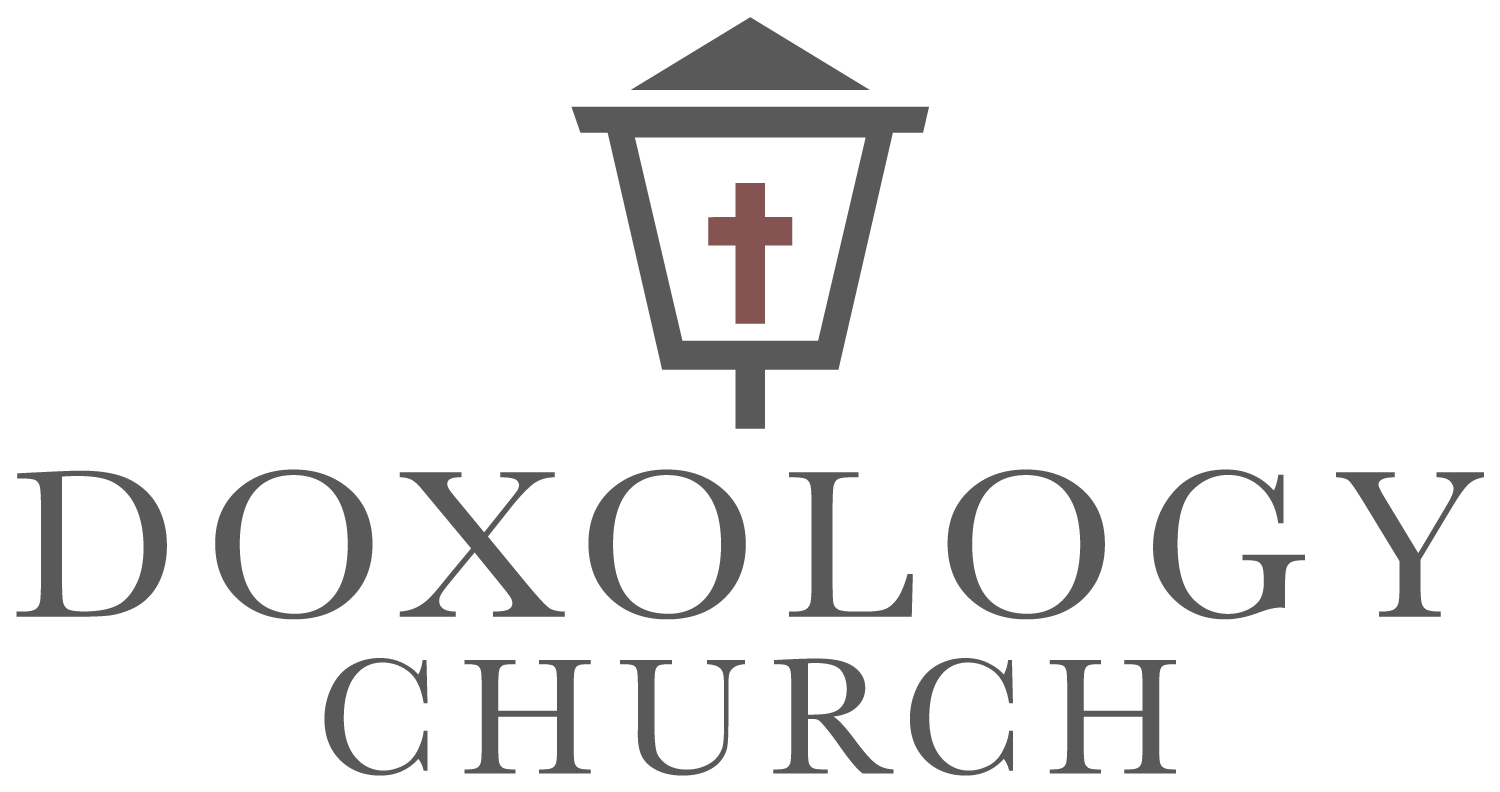1 Peter 5:1-5 — Humble Shepherds, Humble Members
READ
1 Peter 5:1-5
explore:
The passage begins with “So”, linking it to the prior section on suffering for Christ’s sake (4:12-19). In light of the readers’ circumstances, why would the elders need to hear this section? Why would the congregation need to hear it?
What occupation does Peter compare elders to? Why is this a fitting comparison for a church leader?
Peter gives three wrong reasons for an elder to shepherd God’s flock (v.2-3). Why might a pastor slip into one of these patterns? What does it look like for an elder to serve according to the right motives (v.2-3)? Give some concrete examples.
What does it look like to submit to the shepherds of your church (v.5)? What does it not look like? Can you think of any provisions in Scripture to adhere to if a shepherd is not caring for their flock in a Christ-like manner?
How might the flock behave in a way that makes the job of a shepherd easier? How might the flock help prevent a shepherd from slipping into serving for the wrong reasons or in the wrong attitude?*
apply
This section is written for elders, but many of the principles apply to other leadership positions in and outside the church. How does this section encourage you to lead those in your care? How might this section encourage you to be a better employee either for your boss or toward your work peers?
Peter ties up the section in v.5 with “Clothe yourselves, all of you, with humility toward one another, for ‘God opposes the proud but gives grace to the humble.’” Why does he do this? In what way do you need to “clothe yourself in humility”?
Do you see pushback or skepticism towards the office of church leader in our culture? How can Doxology serve as a counter-culture, displaying to our city what healthy dynamics look like between members and their leaders?
Pray
for one another, our church, our city
*questions 5-6 adapted from 1 Peter: A Living Hope in Christ by Jen Wilkin
